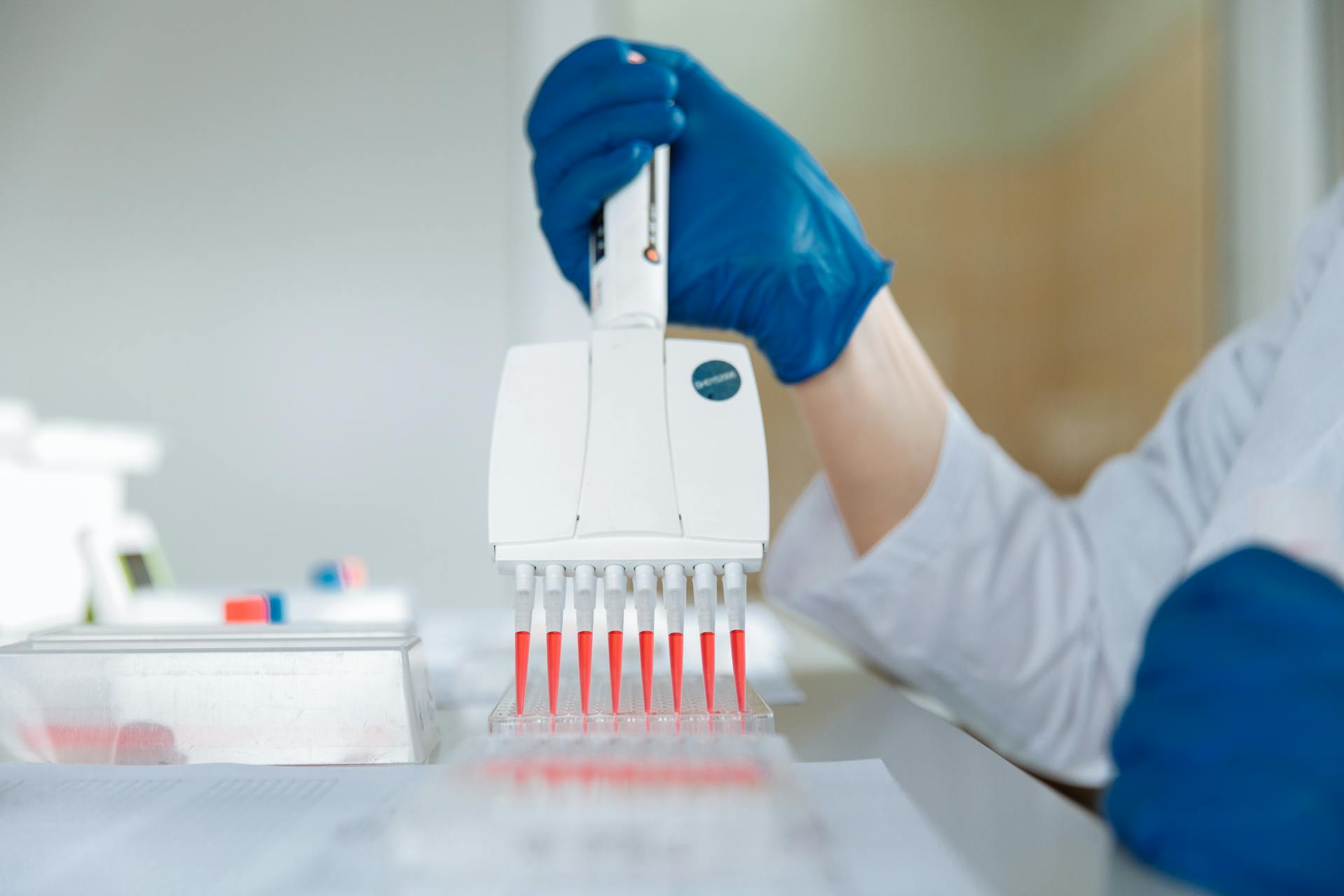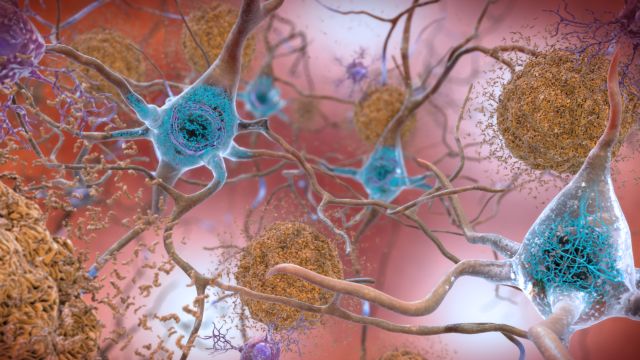A Long-Awaited Breakthrough
For millions worried about memory loss, confusion, or early signs of dementia, one of the hardest parts has always been not knowing. Now, a new FDA-cleared blood test may finally bring clarity — and relief.
Roche’s Elecsys® pTau181 test has become the first blood test approved to help rule out Alzheimer’s disease, offering results with an accuracy approaching 98%. For families, that means fewer invasive spinal taps and less time spent waiting for uncertain answers.
“For the first time, a simple blood test can rule out Alzheimer’s with 98% accuracy.”
How the Test Works
The Elecsys pTau181 test measures a key biomarker in the blood called phosphorylated tau (pTau181). This protein reflects the presence of abnormal tau tangles and amyloid plaques, hallmarks of Alzheimer’s disease.
Amazon Books & Videos
about Alzheimer’s and Dementia:
FREE Newsletter:
When the test shows a low pTau181 level, it strongly suggests that Alzheimer’s-related changes are not present. In clinical studies, its negative predictive value was 97.9%, meaning doctors can use it with confidence to rule out Alzheimer’s in most patients who test negative.
What This Means for Patients and Families
For people experiencing early memory problems, a quick, reliable blood test is a game changer.
It enables primary-care doctors — not just specialists — to assess Alzheimer’s risk and redirect patients toward other treatable causes of cognitive decline when the result is negative.
For patients, the test means:
- Faster reassurance when symptoms appear
- Fewer invasive procedures, like spinal taps
- Earlier access to proper treatment and support
- Less waiting and uncertainty for families
For others, a positive or borderline result can fast-track referral to neurologists and memory clinics for more detailed evaluations or advanced imaging. Either way, it shortens the long and anxious path to answers.
A Collaboration for Early Detection
The test was developed through a partnership between Roche and Eli Lilly, both leaders in Alzheimer’s diagnostics and treatment. Together, they aim to build a connected system of testing that integrates blood biomarkers, imaging, and digital tools to make early detection more accessible than ever.
Their goal is to move Alzheimer’s care from late crisis to early intervention — and this test is a key first step.
The Takeaway
The Elecsys pTau181 test doesn’t diagnose Alzheimer’s by itself. But it offers something equally valuable: peace of mind.
If you or someone you love is beginning to forget more often, ask your doctor whether this rule-out blood test is available. It might not only spare you invasive testing — it might help you take control of your memory health sooner.











